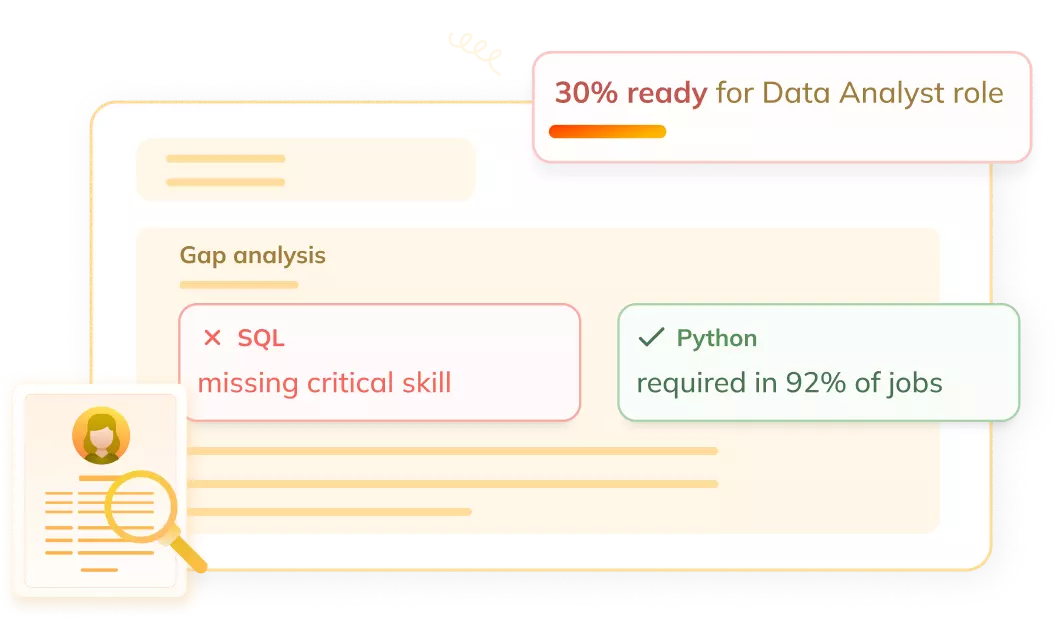Introduction
In today's world, databases are very important for storing and managing vast information. They are like organized digital filing systems, helping individuals and businesses store and retrieve data efficiently. From online shopping and social media to healthcare and financial systems, databases power numerous applications we rely on daily. They provide us with the features like secure storage and quick access. One can also do smooth sharing.

In this article, we will learn about MySQL and SQLite. We will also compare the differences between MySQL and SQLite.
What is MySQL?
In today's technology landscape, MySQL is one of the most popular open-source relational database management systems (RDBMSs). Developed by a Swedish company, MySQL AB, Oracle Corporation later acquired it. MySQL is known for its cost-effective and user-friendly interface. it is widely used for various applications like personal projects, large-scale enterprise solutions, etc.
Data is organized in tables which consist of rows and columns. SQL (Structured Query Language) is used for database interaction, making it simple and intuitive for users. Because of its easy implementation and large-scale community support, it is widely used by developers and various business applications.
Several popular content management systems (CMS) and e-commerce platforms run on MySQL, including WordPress and Magento. Its ability to handle concurrent connections efficiently suits web applications with high user traffic.
Overall, MySQL's combination of accessibility, scalability, and reliability has established it as a leading database solution, empowering countless applications and websites worldwide.

Features of MySql
The following points mentioned below are features of MySQL.
-
High Performance: MySQL is known for its excellent performance, making it suitable for demanding applications. It is optimized to handle large datasets efficiently and execute complex queries quickly.
-
Scalability: MySQL can scale from small websites to large-scale enterprise applications. It supports vertical and horizontal scaling to accommodate growing data and user loads.
-
Cross-Platform Compatibility: As it is a cross-platform database. It can run on various platforms like Windows, Linux, macOS, etc., making it accessible to various users.
-
Robust Security: Data security is one of the significant concerns. MySQL caters to various solutions to this problem. It provides user authentication, access control mechanisms to restrict unauthorized access and SSL support for encrypted connections. Ensuring that all the data is secured.
-
Replication and High Availability: MySQL allows replicating data, i.e., data can be copied to multiple servers in real-time. This allows high availability and redundant data, essential for critical applications.
-
Triggers and Stored Procedures: MySQL allows developers to create triggers and stored procedures. Pre-defined database routines that execute automatically when certain events occur. Which enhances automation and data integrity.
-
Transactions and ACID Compliance: MySQL supports transactions, ensuring data consistency and integrity. It follows the ACID (Atomicity, Consistency, Isolation, Durability) properties to guarantee reliable database operations.
-
Full-Text Search: MySQL allows us with features like full-text search capabilities. Users can search within text fields, which makes it ideal for content management systems and search engines.
-
Partitioning: MySQL allows table partitioning, i.e., dividing the large tables into smaller ones. Intensifying performance and making maintenance much more straightforward.
- JSON Support: JSON documents can now be stored, indexed, and queried directly within MySQL via native JSON support in recent versions.





